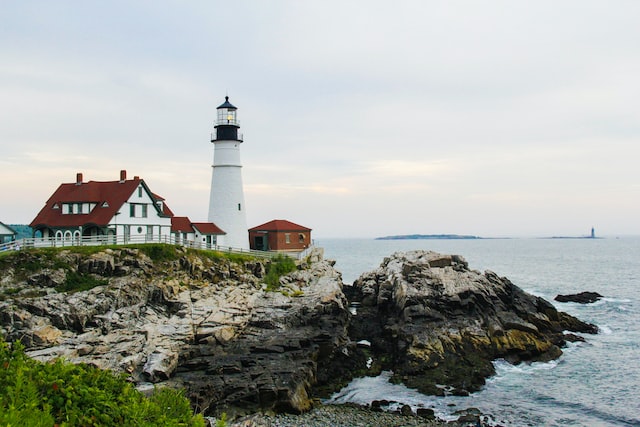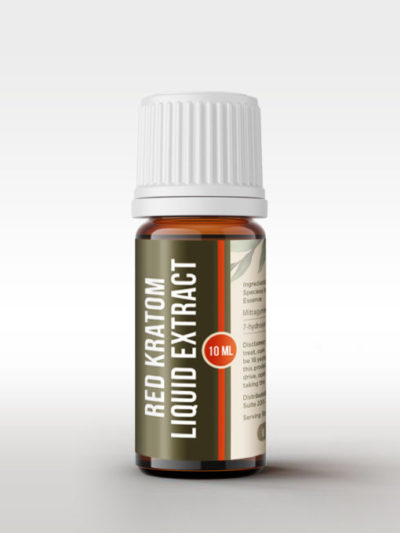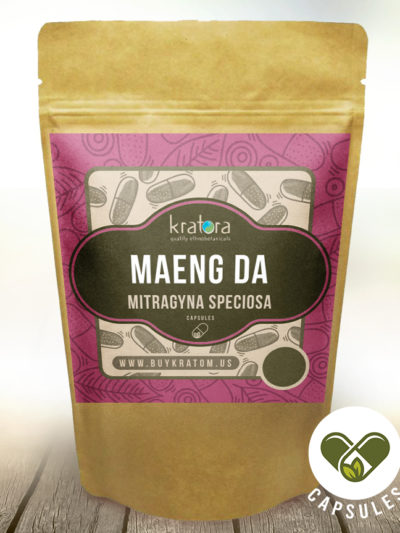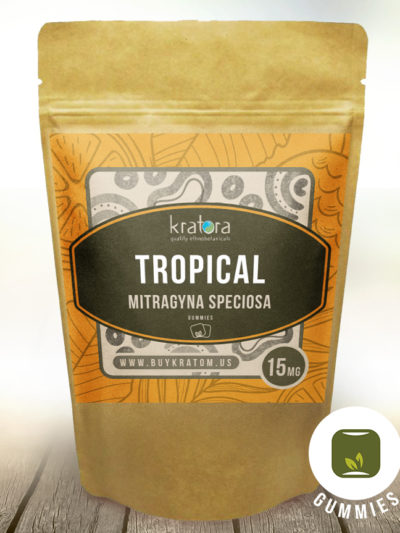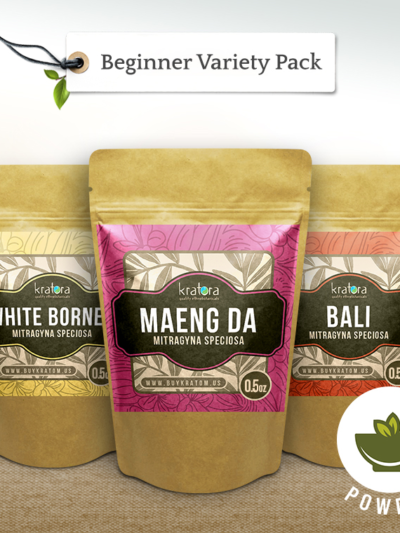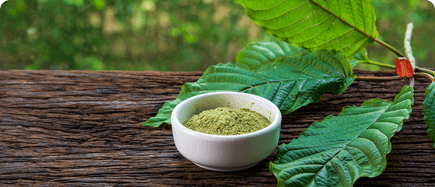Maine has so much more to offer than just rocky coastlines and world-class lobster. This northernmost U.S. state is friendly, welcoming, and rich in history. But what’s the status of kratom in Maine? This is a common topic of concern as nearby Vermont controversially banned kratom products in 2016. So do similar restrictions exist in the Pine Tree State? Let’s break it down.
Is Kratom Legal in Maine?
As of early 2023, kratom is legal in Maine. It can be manufactured, distributed, sold, possessed, and consumed without any legal restrictions. This freedom applies statewide, from the southern tip of Kittery to the northern reaches of Fort Kent and Van Buren, and in all major cities in between—including Augusta, Lewiston, Portland, and Bangor.
There was one major effort to criminalize kratom in Maine back in 2017. State legislators introduced a bill that would have classified mitragynine as a Schedule W drug in the state. Mitragynine is the dominant alkaloid in kratom, believed to be responsible for its stimulant effects. If the legislature would have been successful in classifying mitragynine, all kratom products would have been placed in the same category as illicit drugs. Thankfully, the bill was ultimately amended to remove mitragynine from the list of substances to be scheduled, and kratom remains legal in Maine today.
Kratom advocates played a significant role in inspiring legislators to reconsider kratom in Maine. As the state considered a full-fledged kratom ban, there was a public outcry from citizens whose lives had benefited from kratom. The American Kratom Association (a national kratom advocacy group) also got involved, urging the state to pursue kratom regulation as opposed to kratom prohibition.
The AKA has been vocal nationwide about the need for safe kratom, working with legislators in dozens of states and proposing a set of guidelines known as the Kratom Consumer Protection Act (KCPA). These guidelines would encourage a safer kratom marketplace by mandating age restrictions, accurate kratom labeling, third-party lab testing, limits on alkaloid concentrations, and a ban on synthetic and adulterated kratom.
Many of the adverse reactions that people have experienced from kratom are actually the result of exposure to contaminated or adulterated kratom products—an inevitable consequence of a regulation-free market. And while kratom in Maine still remains unregulated, the AKA continues to lobby the state legislature for common-sense guidelines that would protect kratom buyers.
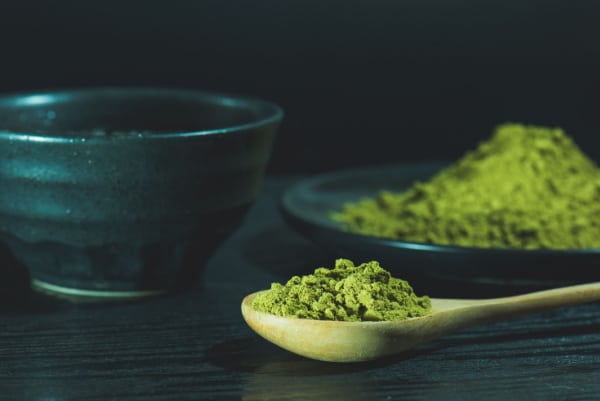
The Complicated Legal Landscape of Kratom
The main reason why states like Maine continue to debate the legal status of kratom in the first place is because they’re taking their cues from the federal government. The federal Drug Enforcement Administration (DEA) and the Food and Drug Administration (FDA) have made efforts to ban and restrict kratom.
Some state legislatures have interpreted this guidance to suggest that kratom is dangerous and should be restricted. As a result, dozens of states have introduced bills that would ban kratom. As of this writing, six states have already banned kratom entirely: Alabama, Arkansas, Indiana, Rhode Island, Wisconsin, and the aforementioned Vermont.
It’s important to put the controversy into perspective, though. Many of the troubling reports cited by the FDA and EPA involve the use of dangerous synthetic kratom. The research into kratom shows that kratom in its natural state is safe, well-tolerated, and rich with potential benefits. This is why we need sensible kratom regulations. Regulation would bring the kratom marketplace out of the Wild West and ensure that consumers always know what they’re getting. That’s why states like Nevada, Utah, Georgia, and Arizona have already codified the KCPA into law. And while kratom in Maine still has no such protections, the AKA is working diligently to change all of that. If you’d like to help, you can write to your state legislators like
Where to Buy Kratom in Maine
Red Kratom Liquid Extract
Original price was: $19.99.$17.99Current price is: $17.99.
Add to Cart
Quick ViewMaeng Da Kratom Capsules
From $26.99
Shop Now
This product has multiple variants. The options may be chosen on the product page
Quick ViewTropical Kratom Gummies
Original price was: $29.99.$15.99Current price is: $15.99.
Add to Cart
Quick ViewKratom Beginner Variety Pack
Original price was: $17.99.$9.99Current price is: $9.99.
Add to Cart
Quick View
Since kratom is legal in Maine, it’s pretty easy to access statewide. It’s commonly found in herb stores, head shops, gas stations, and other small-scale specialty retailers. It’s also easy to find online. We recommend ordering kratom for sale online because it’s easier to do your research and know what you’re getting. The unregulated nature of kratom in Maine means that you have to be extra diligent about vetting products before buying.
Before buying in store or online, you have to consider the manufacturer’s reputation, the type of product you’re getting, the ingredients that it contains, and whether or not it’s lab-tested for quality.
At Kratora, for instance:
- We’ve been a trusted industry leader since 2013.
- All of our kratom is sourced from stable, reliable growers in Indonesia.
- All of our kratom products are lab-tested by a trusted third-party testing facility; there are no contaminants and no harmful non-kratom ingredients in any of our products—just pure, all-natural kratom.
- We stand by our products with a reliable 30-day money back guarantee.
In addition, we offer friendly customer service, fast shipping, free shipping over $75, and competitive prices. Whether you’re shopping for kratom powders, kratom capsules, kratom gummies, or any of our other premium botanicals, you can count on the best every single time.
No matter where you buy your kratom in Maine, the most important thing is to make sure it’s all-natural and sourced from a good kratom vendor that you can trust. As long as you take the time to ensure you’re getting the best, you’ll be amazed by the benefits that kratom can offer.
Want to learn more about kratom quality and value? Start here:
Why Buying Cheap Kratom Can Be Dangerous
